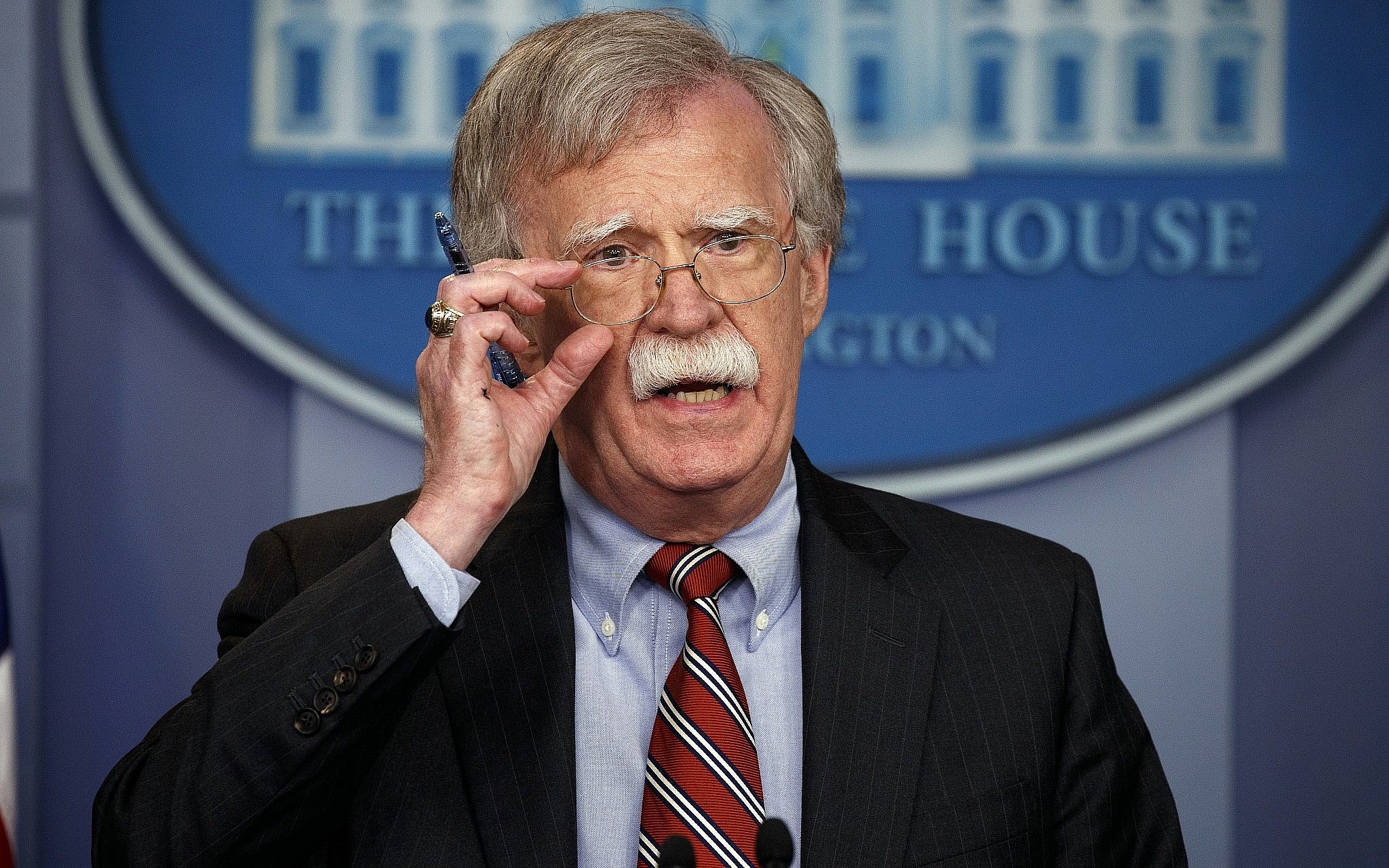Ahmed Adel
The United States is working to confront the Chinese-Russian advance on the African continent and to restore military, political and economic relations with most of the countries on the continent, taking advantage of the security crises resulting from the increase in terrorist operations carried out by armed organizations.
At the end of 2020, Washington announced the withdrawal of its forces from Somalia, while Moscow was announcing an agreement regarding the inauguration of a naval military base in Port Sudan, which is the same thing that Beijing, which established its first military base in Djibouti, started investigating about three years ago.
Therefore, there are great concerns in France regarding Washington’s moves to withdraw its forces or reduce its elements from the region, as Paris believes that it will fight a battle against terrorist elements on its own on the continent.
The US role in Africa is important and sensitive for several considerations, including creating a balance in this tense security and political region, where Washington provides all the resources related to the counterterrorism operation, as well as intelligence information. It also owns drones and has superior capabilities in communications operations, identifying terrorist locations and carrying heavy bombs, which are used to strike accurate security and military targets for terrorist and armed organizations.
In its new strategy, the administration of President Joe Biden relies on coordination with European allies and partners in Africa regarding security and military support in the issue of combating terrorism, and it is likely that there will be an increase in the number of drones to support the French forces, despite the fact that European countries are trying to persuade the United States to reverse Its position. But Washington is insistent upon implementing its plan, or rather its new strategy, even with the return of European-American rapprochement after the isolation period caused by former President Donald Trump.
In April 2021, US Secretary of State Antony Blinken called on African countries to be wary of China’s growing influence, and he stressed the increase in US support for the region, during a hypothetical conversation with Nigerian and Kenyan presidents Muhammadu Buhari and Uhuru Kenyatta.
“We do not ask anyone to choose between the United States or China, but I encourage you to ask bothersome questions and demand transparency and make informed decisions about what is best for you and your countries,” he added.
Blinken alluded to what he considered losses that struck some African countries from their cooperation with China, referring to the “heavy debts” that the economy was exposed to in Zambia after obtaining Chinese loans, which it was unable to repay after the worsening financial conditions in conjunction with the spread of the health crisis due to the corona virus.
In February 2021, a US army general revealed precise details of what the great powers are focusing on strategically and militarily in Africa, revealing Washington’s concern about China and Russia and their growing influence on the continent.
The commander of the US Africa Command (AFRICOM), General Stephen Townsend, warned in a statement before the Senate Armed Forces Committee that Moscow and Beijing’s complacency with African countries has given these two emerging powers the opportunity “to seize opportunities and expand their influence across the continent.”
In a statement delivered to the Senate on January 30, the general said that Russia and China’s coercive and exploitative activities undermine and threaten the stability of many African countries.
Townsend pointed out that China is outperforming all of its competitors in Africa, where, through building a military port and helicopter landing pads, it is converting its first military base in Africa in Djibouti into a platform to impose its power.
Beijing remains Washington’s biggest competitor on the continent, as China has invested heavily in African infrastructure projects and currently maintains 52 embassies across the continent, an increase of 24 percent since 2012.
China has also led its G20 partners in visits to the African continent over the past decade, and in the past seven years, China has sold more than $2 billion in arms to Africa.
In 2017, Beijing increased its strength by sending its soldiers to its first military base in Africa, confirming the increase in its defensive strength. This came a few weeks after its then-defense chief Chang Wanquan visited Nairobi, where he held talks with Kenyan President Uhuru Kenyatta and senior military officials.
Then China sent two warships, one of which is an amphibious transport dock that can load helicopters and special forces and can deal with maritime and terrorist attacks.
Away from Djibouti, which is one of the largest Chinese centers in Africa, the Chinese military is also known to be building a new port in Senegal in partnership with the Senegalese Navy, giving it a naval foothold in West Africa.
Russia, on the other hand, remains one of the largest arms dealers on the continent, selling nearly $9 billion in military equipment to African countries.








































admin in: How the Muslim Brotherhood betrayed Saudi Arabia?
Great article with insight ...
https://www.viagrapascherfr.com/achat-sildenafil-pfizer-tarif/ in: Cross-region cooperation between anti-terrorism agencies needed
Hello there, just became aware of your blog through Google, and found ...